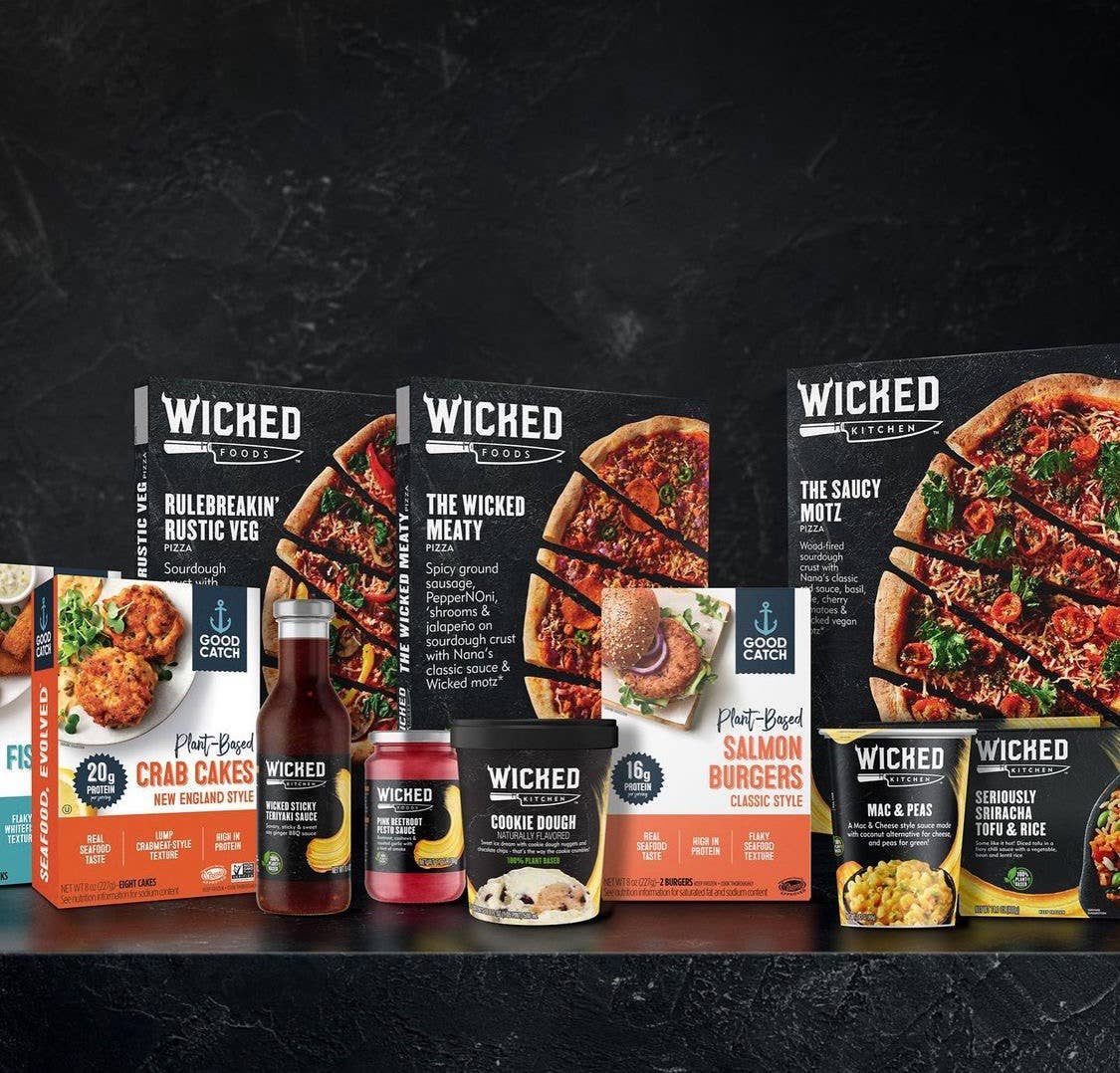When the shelter-in-place orders came down the pike, the startup saw its business plunge by 80 percent “overnight” and it seemed as if the sky was falling. Cheetah leaped into action.
Now a happy tale, Cheetah is an example of quick thinking and acting can save a company when the rest of the world is laying off employees.
Eclipse Ventures led the investment, which included participation from ICONIQ Capital, Hanaco Ventures and Floodgate. The round brings the company’s total funding to more than $66 million since its 2015, according to Crunchbase.
The startup just launched a direct-to-consumer service called Cheetah For People that delivers a range of goods such as bakery items, beverages, dairy, meat, poultry, seafood, fresh produce, condiments, snacks and cleaning supplies.
Na’ama Moran, co-founder and CEO of Cheetah, told Mary Ann Azevedo, the Crunchbase News reporter that because Cheetah has its own fleet of refrigerated trucks, it’s able to offer “competitive wholesale prices.” She said that unlike some similar services, Cheetah promises next-day delivery.

How it works: Consumers place orders via Cheetah’s mobile app and pick up items from one of Cheetah’s designated drive-through locations. Items are placed in the driver’s trunk to avoid contact.
The company currently services restaurants, small businesses and consumers. Its trucks essentially serve as mobile warehouses. It currently operates 10 pickup locations in the Bay Area.
Lior Susan, founder and managing partner at Eclipse, believes the company’s vertical integration means it is poised to do well in light of the “changing buyer behavior as food supply chains shifted from a focus on commercial operations to consumer homes.”
Moran says so far, the pivot is working. “We had supplies in stock that groceries did not have, including toilet paper, flour, water and other hard-to-get items, at incredibly affordable pricing,” she told Crunchbase News.
In less than eight weeks, the company has seen a run rate of $1 million a month in sales. This is in contrast to last year when it laid off staff and closing down operations in underperforming areas. Cheetah has plans to expand into the Dallas area in 2021 and “possibly one or two other markets.”
The company also has made a deal to distribute Impossible Foods, allowing consumers to buy the plant-based Impossible Burger through Cheetah’s contactless fulfillment centers.







